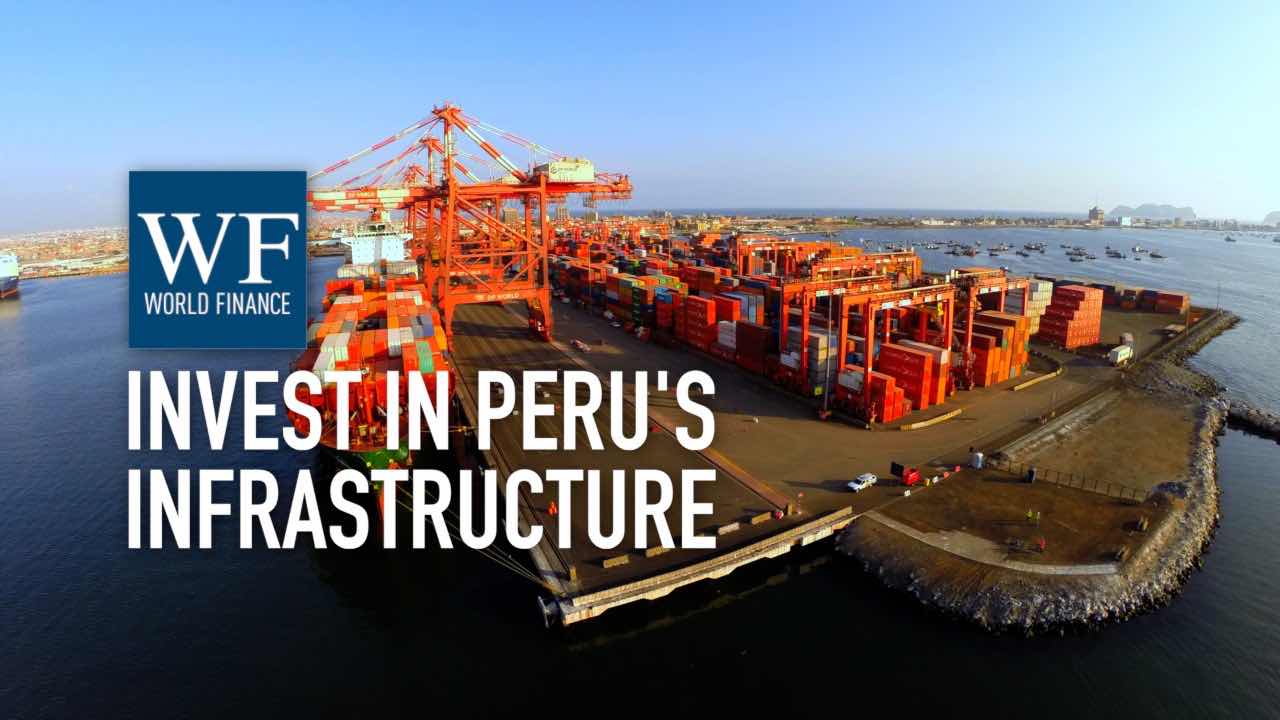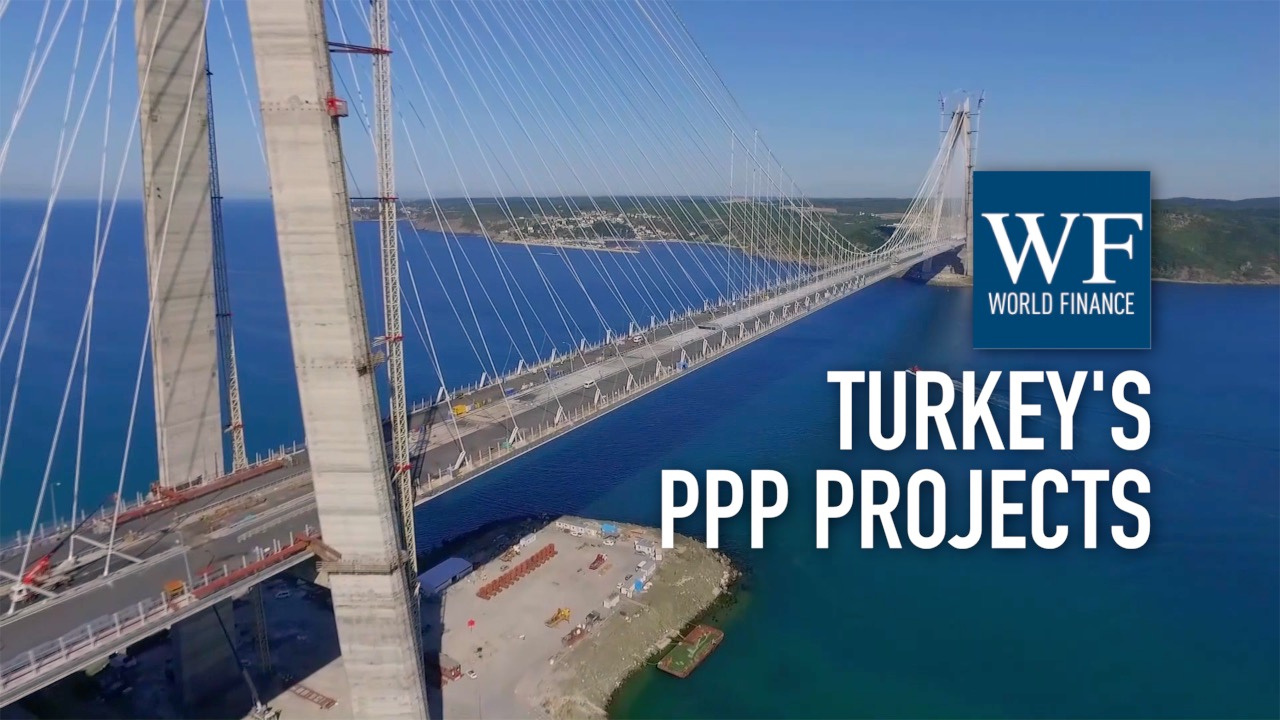Anthony Coumidis on sustainable builds | McBains Cooper
World Finance interviews Anthony Coumidis, Director of Engineering and Sustainability at McBains Cooper Group, on creating a clean, green and lean HQ for Gloucester police
Related:
Transcript
The UK’s Gloucestershire constabulary headquarters was commissioned through a PPP project with a focus on sustainability. Leading interdisciplinary consultancy McBains Cooper Group acted as consultant to ensure these needs were met several years after occupation. Anthony Coumidis explains how it has future-proofed the building against energy rises, at a time when green measures were considered risky and expensive, by introducing sustainability at an early design stage.
World Finance: Tell me about McBains Cooper, and how this project gave you the opportunity to utilise such a sustainable initiative.
Anthony Coumidis: Let me start by explaining that McBains Cooper is a leading interdisciplinary consultancy in the UK. We have national coverage, and we also have five international offices. The awards from World Finance this year cover projects in Latin America, in Mediterranean rim, and also in the UK. We’re very proud of these awards, and these are all areas for future expansion for us as McBains Cooper internationally.
We’re particularly proud of the Gloucester Police project because it was one of the earliest projects that I was able to introduce sustainability at an early design stage, when green was considered risky and expensive, and passive design was not part of the agenda.
Our approach was based on sound design principles, and our main aim was to protect our clients against energy increases in the 25 year concession period.
The simple answer was to minimise energy demand, and at the same time benefit from the earth’s constant temperature by coupling it to a ground-source heat-pump solution. The solution was adopted because it was the best method of meeting the client’s stringent requirements, and at the same time we worked very closely with other members of the design team in order to bring other sustainable solutions.
For example, we used the structure to control solar gains by positioning the building columns on the outside of the building envelope, and therefore provide solar shading at no extra cost. I was able to do that purely because my engineers worked very closely with our in-house architects and structural engineers from an early design stage.
“We find cost-effective and innovative solutions that protect our clients from future price increases”
World Finance: How has the Gloucester programme been a spring-board to other projects?
Anthony Coumidis: The Gloucester project was one of the very first projects where a ground-source heat-pump solution was applied for at such a big scale. That offered us the opportunity to then explore opportunities in other sectors. One such sector was the B&Q New Malden project, where we applied very many different green technologies that worked very well together.
Nowadays we have a lot of policies in London in particular that drive sustainability, but also across the UK we have a general drive to reduce carbon emissions. This means that we have to find cost-effective solutions and innovative solutions that will protect our clients, occupiers, and owners of these buildings, from future price increases.
Our ability to predict energy accurately and also to monitor the consumption of energy from various buildings, puts us in a very good place to advise clients on green designs, and also to find cost-effective green initiatives for the buildings.
Even when we don’t have to apply sustainability as a policy requirement, we always use our lean, clean, green mantra to make sure that we don’t miss any opportunities from an early design stage.
“The long-term nature of a PPP gives the ideal opportunity to introduce energy-efficient and green solutions”
World Finance: Sustainability measures often have high up-front costs; what opportunities did this technology offer to the Gloucester police project, and other PPP projects?
Anthony Coumidis: The installed heating system at Gloucester Police was lean, was green, and was 75 percent free, and was the largest installed system at the time. The system when it was first envisaged had a pay-back period of just over 14 years when compared with a conventional boiler-chiller solution. However, because of recent price increases in electricity, that pay-back dropped to just over eight years.
You think PPP: you think conventional, you think tried-and-tested. No wonder, because consortia have to finance and look after these buildings for the whole concession period of, typically, 25 years. The long-term nature of a PPP gives me the ideal opportunity to introduce energy-efficient solutions and green solutions in these projects, because we have to take into account the whole life-cycle cost of the building.
These solutions future-proof the buildings against energy rises, and offer reductions in energy and facilities management costs, that result in a lower unitary charge, which far outweighs any initial outlay on these projects.
At the end of the day, implementing sustainability measures boils down to reducing resources, be it energy, be it water, materials, or waste. This is straightforward, as long as it is integrated as part of the original design, and is not an add-on at a later stage. And this is exactly what we specialise in at McBains Cooper, and why our submission stood out at the World Finance awards.
World Finance: Anthony, thank you.
Anthony Coumidis: Thank you Nick.

 ProInversión completes PPP roadshow to plug Peru’s infrastructure gap
ProInversión completes PPP roadshow to plug Peru’s infrastructure gap Ercüment Erdem: How to invest in Turkey’s $100bn PPP projects
Ercüment Erdem: How to invest in Turkey’s $100bn PPP projects
